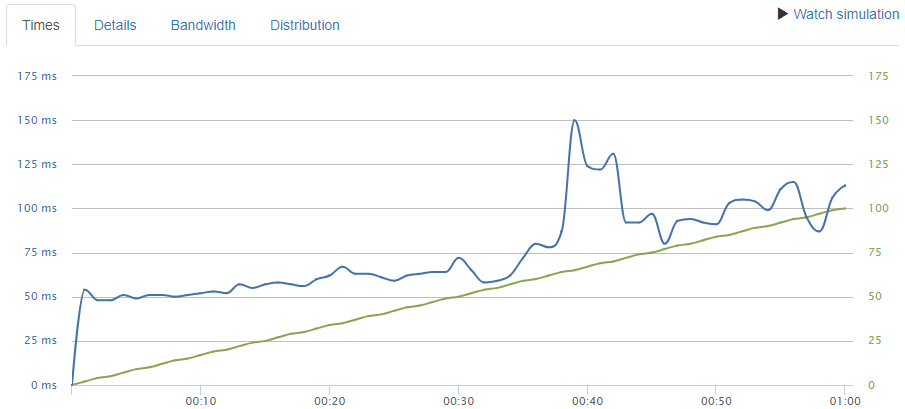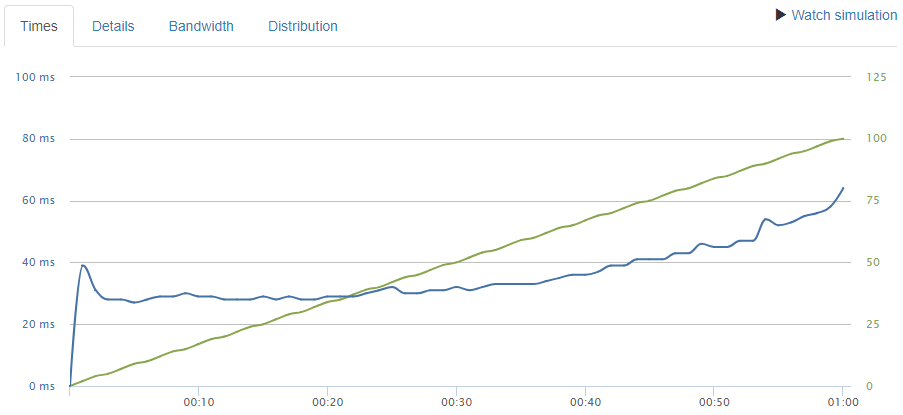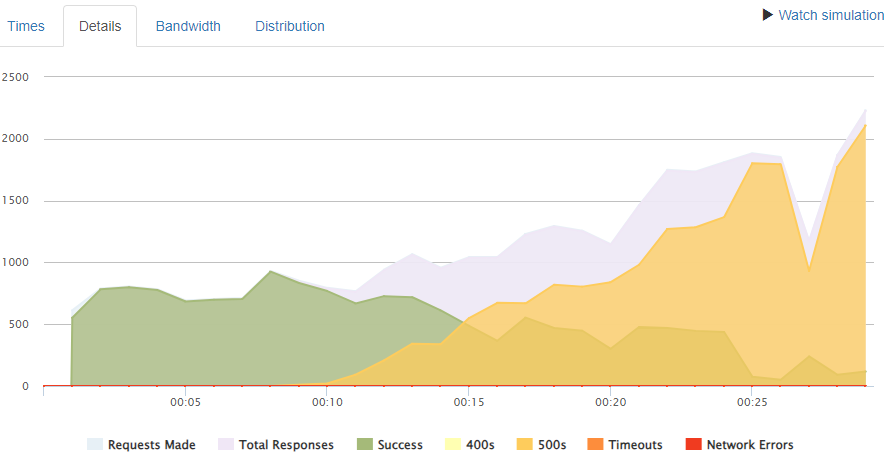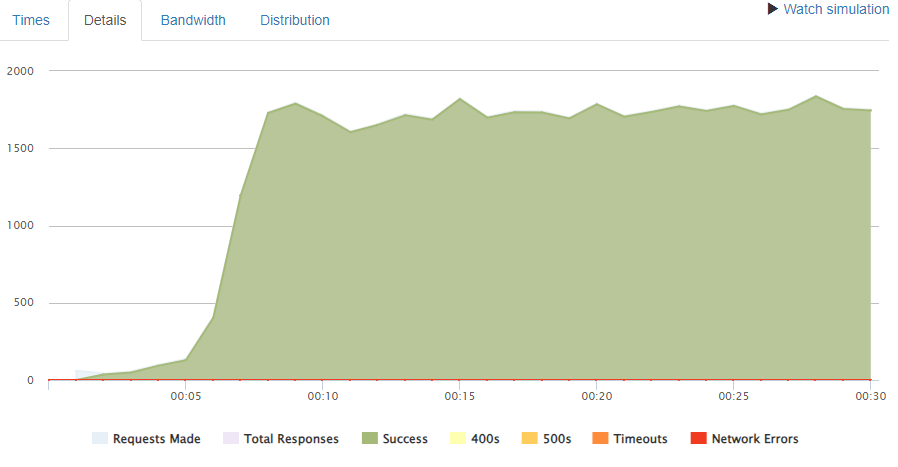AWS vs HostGator: A Performance Benchmark Showdown
AWS vs HostGator: A Performance Benchmark Showdown
In the digital age, the performance of your website can make or break your online presence. With a myriad of hosting solutions available, choosing the right one can be a daunting task. Today, we're diving deep into a comparative analysis between two giants in the hosting world: AWS Cloud Solutions and HostGator. I've taken our homepage, 17-solutions.com, and hosted it on an AWS t4g.small instance, and also on a Hostgator's Business Plan to compare the performance difference for you.
Table of Contents
- AWS vs HostGator: A Performance Benchmark Showdown
- Initial Server Response Time: A Critical First Impression
- Consistency in Performance: The 100 User Test
- Scaling Under Pressure: The Load Test
- Maximizing Performance and Minimizing Costs with 17-Solutions
- Conclusion: AWS Leads the Way
Initial Server Response Time: A Critical First Impression
One of the primary metrics we evaluated was the initial server response time, a pivotal factor that determines the speed at which your server starts to deliver content following a request. This metric is essential because it directly impacts the user's first impression of your website's speed and responsiveness. On AWS, the server's initial response time was remarkably swift at 216 milliseconds, showcasing the platform's robust infrastructure and optimized performance. In contrast, HostGator's initial response time was considerably slower, at 389 milliseconds. This marked disparity underscores AWS's superior capability in ensuring faster content delivery from the outset, which is crucial for maintaining a positive user experience and potentially improving search engine rankings due to enhanced site speed.
Consistency in Performance: The 100 User Test
Consistency is key when it comes to web hosting performance. To evaluate this, we ran a test with 100 concurrent users. On HostGator, the average response time was 113 milliseconds. AWS, once again, outperformed with an average response time of just 64 milliseconds, a 55% improvement. This not only underscores AWS's faster server response but also its ability to maintain high performance levels even under substantial user load.
Hostgator 100 Client Load Test
In the 100-client test with HostGator, it's evident from the data below that at approximately 62 concurrent connections, there was a sharp rise in response time. HostGator began with a response time of 54ms for a single client, escalating to 113ms for 100 concurrent connections, marking a 71% increase in response time. The maximum response time observed during the test reached 150ms.

AWS 100 Client Load Test
Our website, when hosted on AWS, exhibited superior performance, starting with an impressive initial response time of just 39ms for a single client. This response time peaked at a mere 64ms even with 100 concurrent users, showcasing a mere 39% increase. The maximum response time recorded was significantly lower than HostGator's, at just 85ms.

Scaling Under Pressure: The Load Test
Understanding how a hosting solution scales under pressure is crucial for businesses expecting traffic spikes. We increased the stakes with a 250-client load test to evaluate this. The results were telling.
Hostgator 250 Client Load Test
With HostGator, the performance under a 250-client load test revealed a significant increase in response times. Starting from a base of 113ms for 100 clients, the response time ballooned to 450ms for 250 clients, a 298% increase. This dramatic slowdown indicates potential challenges in managing traffic spikes efficiently.

AWS 250 Client Load Test
Conversely, AWS showcased its robust scalability by maintaining a steady increase in response time. From 64ms for 100 clients, the time only increased to 102ms for 250 clients, a mere 59% increase. This demonstrates AWS's superior capability to handle increased loads without compromising significantly on performance.

Maximizing Performance and Minimizing Costs with 17-Solutions
In conclusion, our comprehensive testing across various metrics firmly establishes AWS as the superior hosting solution in terms of performance and scalability. However, it's essential to note that this performance comes at a cost. AWS's pricing structure is complex and can be more expensive than traditional hosting options like HostGator. This is where 17-Solutions comes into play. We specialize in optimizing AWS deployments to ensure you get the best possible performance at the lowest possible cost. By leveraging our expertise, you can enjoy the benefits of AWS's superior infrastructure without breaking the bank.
Conclusion: AWS Leads the Way
Our findings clearly indicate that AWS offers a superior hosting solution, particularly for sites that demand high performance and scalability. While HostGator provides a viable option for smaller websites or those with lss stringent performance requirements, AWS's ability to deliver consistent, high-speed responses even under heavy load makes it the preferable choice for businesses looking to optimize their online presence. With the right optimization strategies, such as those provided by 17-Solutions, AWS can also be a cost-effective solution, delivering unmatched performance without undue financial burden.
Contact Us To Learn More